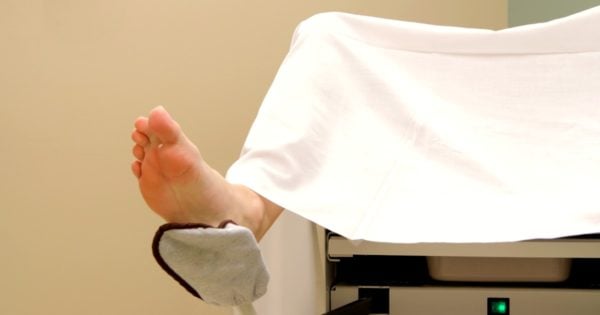Great news! Pap smears are nearly finished! Starting December this year, the Australian government will be reducing the frequency of cervical cancer surveillance from every two years, to every five years.
The changes will transition the current protocol of two yearly Pap smear (for women 18-69) to a five yearly Human Papilloma Virus (HPV) test for women (ages 25-75). These changes reflect the rigorous and transparent investigation by the Medical Services Advisory Committee, which considered the external evidence and economic modelling.
So what do you need to know from December? Well, so long as all your paps have been normal and you don’t experience irregular vaginal bleeding or bleeding after sex, you’ll only require the (commonly dreaded) examination every five years.
And even better, the researchers have changed the ‘old school’ Papanicolaou smear aka ‘pap smear’ test to a much better and more sensitive test called ‘thin prep’. This liquid based cytology test is able to be performed even if there is blood in the sample, and if it finds HPV, it ‘genotypes’ the virus to find the particular strains that have a high risk of causing cervical cancer (namely HPV 16 and HPV 18).
It is still the same processes of having the duck bill/speculum inserted into your vagina. However, the new test is more sensitive for identifying those women at increased risk of developing cervical cancer. Make sure you ask your doctor about the changes and stay on top of things like pap smears and breast checks. Prevention is the best form of cure.

